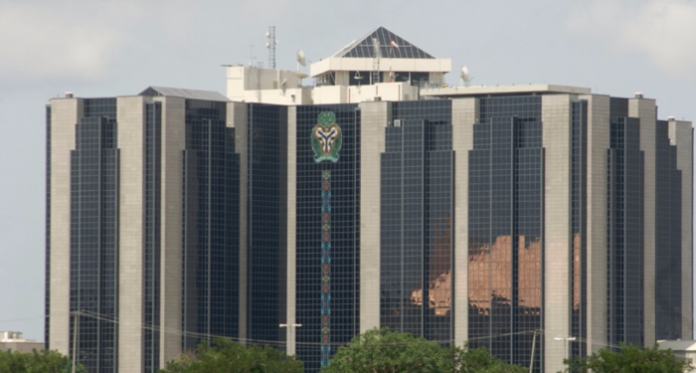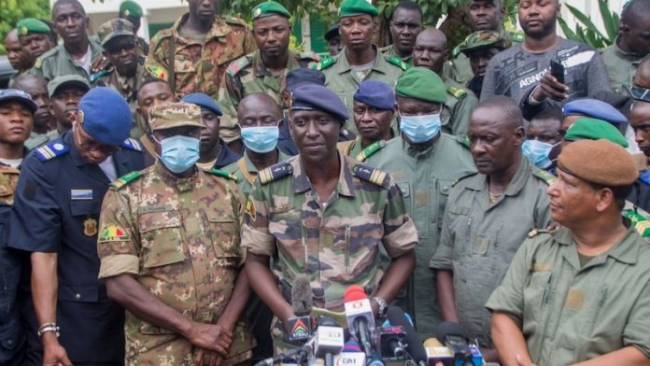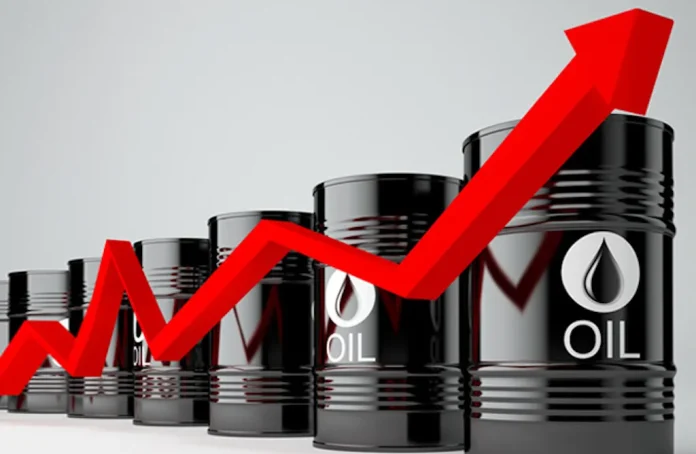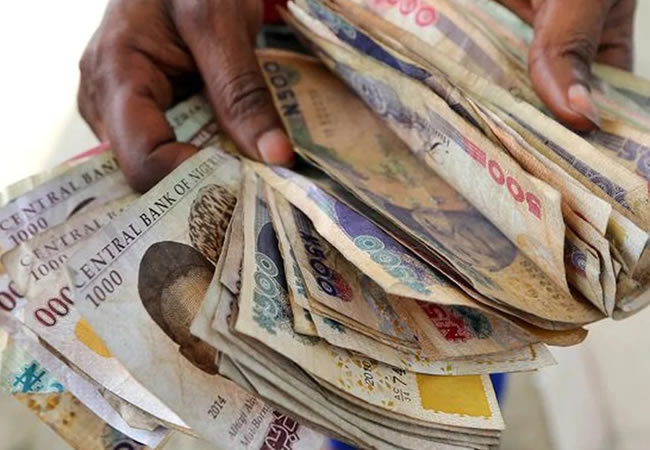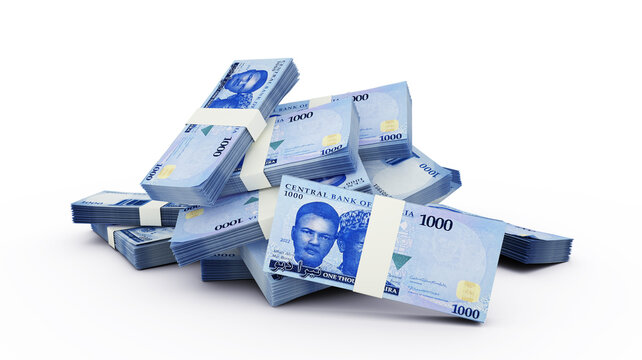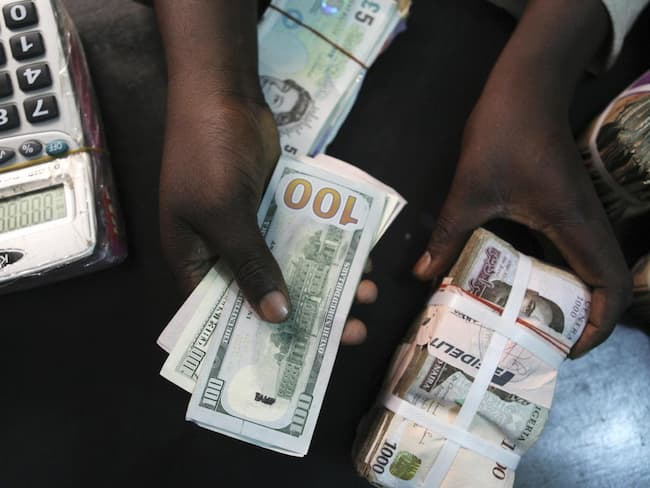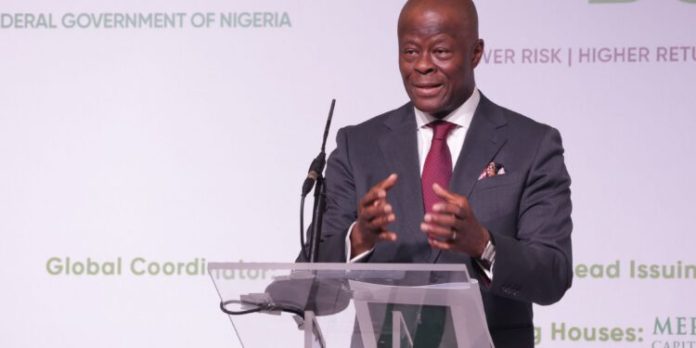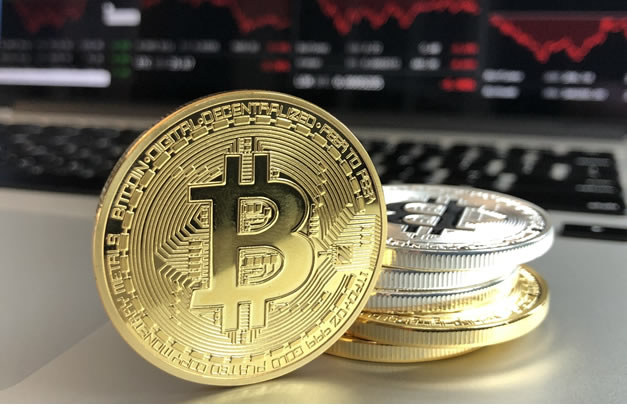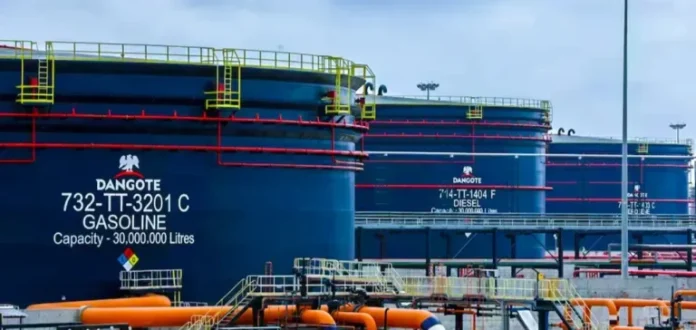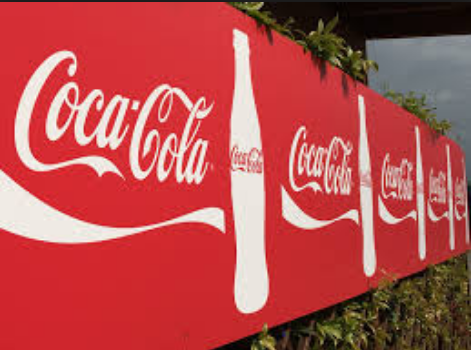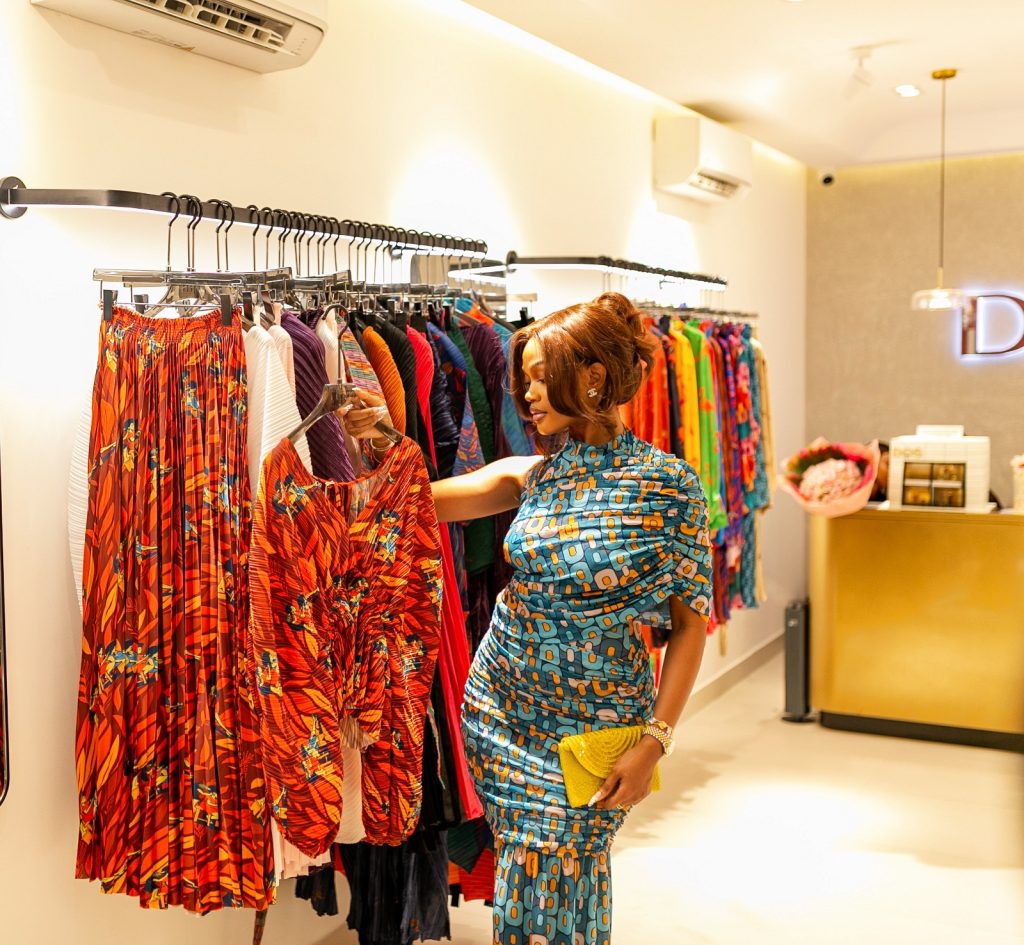The Central Bank of Nigeria (CBN) has injected approximately $1.26 billion into the oil and gas industry to support the importation of petroleum products and related commodities during the first quarter of 2025.
This funding intervention comes amid the ongoing competition between fuel importers and the Dangote Petroleum Refinery, which has ramped up domestic production. Despite the refinery’s capacity to meet national demand, independent marketers continue to import petrol, citing pricing differences and cost competitiveness.
Fresh data from the Nigerian Midstream and Downstream Petroleum Regulatory Authority (NMDPRA) reveals that between August 2024 and the first ten days of October 2025, petroleum marketers were responsible for importing about 69 percent of the 21 billion litres of petrol consumed nationwide.
Between January and March 2025, Nigeria imported roughly 2.28 billion litres of petrol, despite improved domestic refining output from Dangote Refinery.
Breakdown of CBN’s Forex Disbursement
According to figures from the CBN’s quarterly statistical bulletin, a total of $1.259 billion was disbursed to oil importers between January and March 2025.
- January: $457.83 million (36.2%)
- February: $283.54 million (22.5%)
- March: $517.55 million (41.3%)
NMDPRA’s report further shows that fuel imports for the same period stood at 724.5 million litres in January, 760 million litres in February, and 803.7 million litres in March.
Market Competition Intensifies
The rivalry between the Dangote Refinery and traditional fuel importers has deepened, as each side strives for dominance in Nigeria’s downstream petroleum sector.
While the Dangote facility continues to export petrol to foreign markets—including the United States—several independent marketers prefer to import products when international prices appear more favorable.
Chinedu Ukadike, the National Publicity Officer of the Independent Petroleum Marketers Association of Nigeria (IPMAN), explained that pricing is the key factor guiding the decisions of marketers.
“In this business, price determines everything. We will always go where the cost is lowest. If Dangote’s price is better, we’ll buy locally. But if imported products are cheaper, we have no option but to import,” Ukadike said.
He added that fluctuating global oil prices, forex rates, and government policies often determine the gap between local and imported fuel costs.
Meanwhile, the Major Energies Marketers Association of Nigeria (MEMAN), in its latest Energy Bulletin, disclosed a continued decline in the import parity price of Premium Motor Spirit (PMS), pegging it at ₦805.46 per litre due to sustained pressure from global oil price movements and exchange rate volatility.










